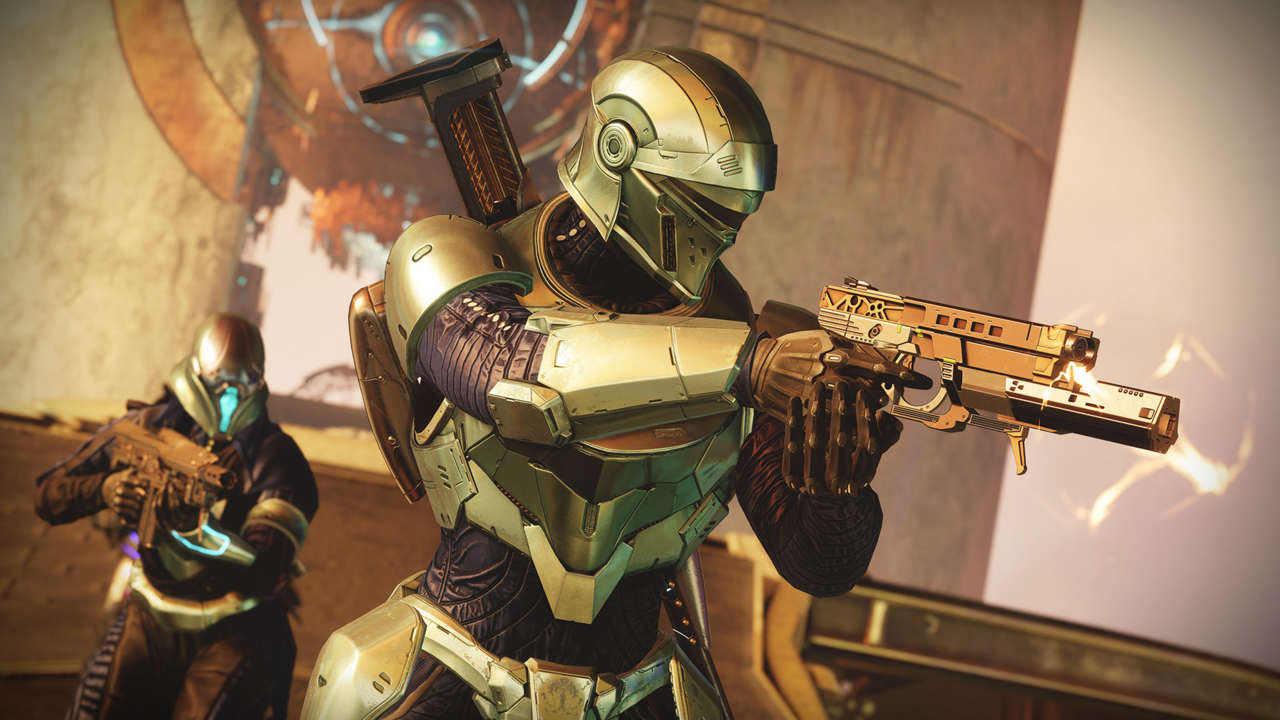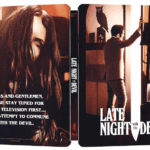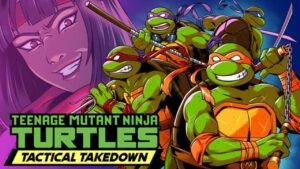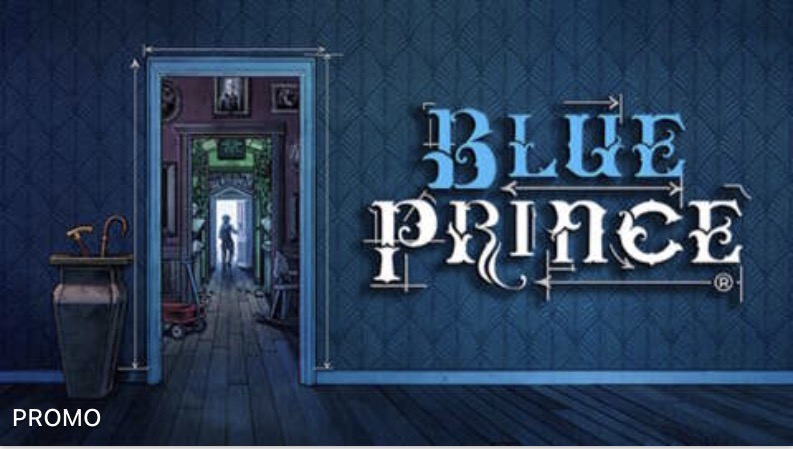As CEO of Bungie, Harold Ryan helped push the live-service genre forward with Halo and Destiny. Years after leaving Bungie, Ryan says he’s observed that fans are speaking with their wallets and telling publishers that live-service is “not appropriate” for all games.
“I think that model is appropriate for some games, but I don’t think it’s appropriate for all games,” Ryan told GI.biz. “And I believe consumers are telling us it’s not appropriate for all consumers.”
Size:
Want us to remember this setting for all your devices?
Sign up or Sign in now!
Please use a html5 video capable browser to watch videos.
This video has an invalid file format.
Sorry, but you can’t access this content!
Please enter your date of birth to view this video
By clicking ‘enter’, you agree to GameSpot’s
Terms of Use and
Privacy Policy
Now Playing: Marathon | Official Gameplay Overview Trailer
The live-service bubble may have burst, with many titles in the genre performing poorly and shutting down. Some high-profile examples have included Suicide Squad: Kill the Justice League and Concord, though there have been numerous other titles closing down as well.
A relatively small number of live-service games are making up a big proportion of play time, and this data might help explain why other games in the live-service genre aren’t faring as well. Of course, there are numerous other factors at play as well.
Part of the reason why 2K’s Mafia: The Old Country was priced at $50 is because the publisher believes there is an audience and appetite for less-expensive, more linear games that don’t require huge time commitments.
Ryan left Bungie in 2016 after 16 years with the company. He’s now the CEO and founder of ProbablyMonsters, a company that assists developers with “early stage infrastructure” and support to help get games off the ground. The company just revealed its first two games, a rogue-like action game called Storm Lancers for Nintendo Switch and a psychological horror game called Ire: A Prologue for PC. ProbablyMonsters formerly owned Concord developer Firewalk Studios, before selling it to Sony in 2023, only for Sony to close the game and shutter the studio in 2024
Ryan said he would make another live-service game if he saw the “right game idea and the right audience.” But he pushed back against the idea that a developer should focus too much on the business model. “I think [for] sustainable careers, I think for the industry, it’s pretty clear that we can’t just pick a business model and say that’s a reason to make a game,” he said.
As for Bungie, the company has undergone significant changes in recent times, with mass layoffs and a major studio reorganization in 2024. Bungie’s next game, Marathon, is a live-service title that publisher Sony believes won’t suffer the same fate as Concord. The game was previously set for release in September but has been delayed indefinitely. Despite Concord’s struggles, Sony remains invested in live-service, as does Ubisoft.
Ryan reflected on the upheaval at Bungie, saying, “It feels like they’re in the very same place that almost everyone in the industry is, where the things that were working and reliable before aren’t quite as reliable.”
Ryan said it’s his hope that developers across the industry can find a “sustainable business model” for their game that makes players happy and brings in enough revenue for studios to “pay the bills.”
“Everyone can’t be the number one most successful game in the industry,” he said. “But I think we all could be shipping successful games.”









